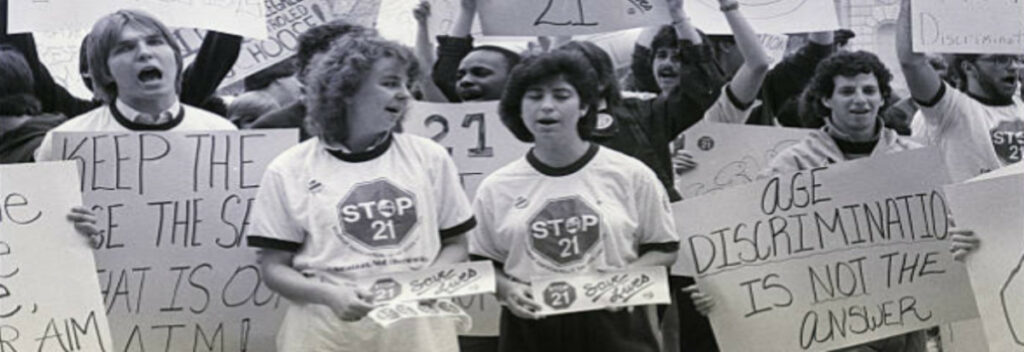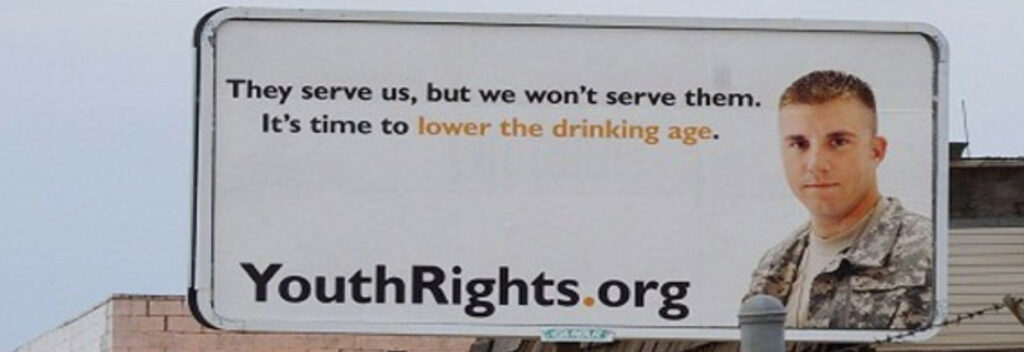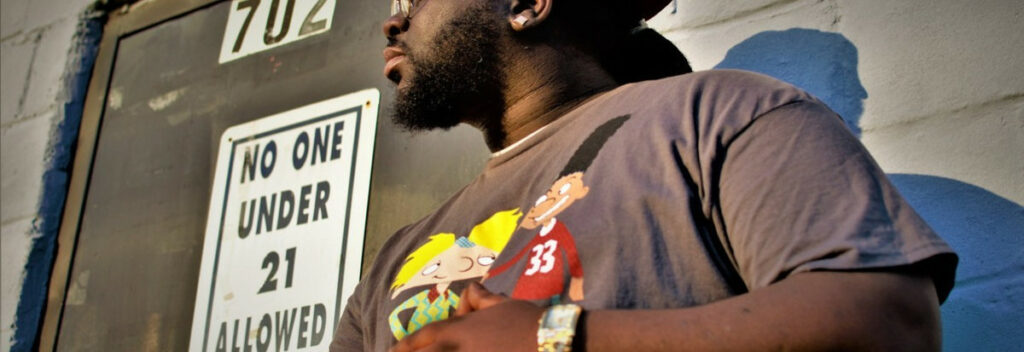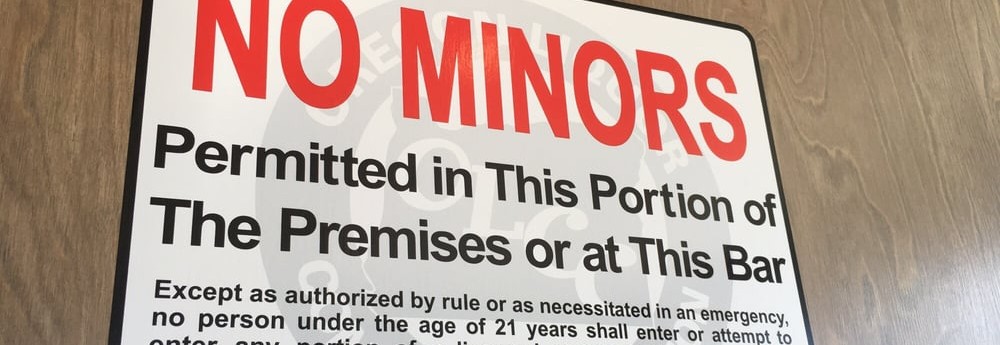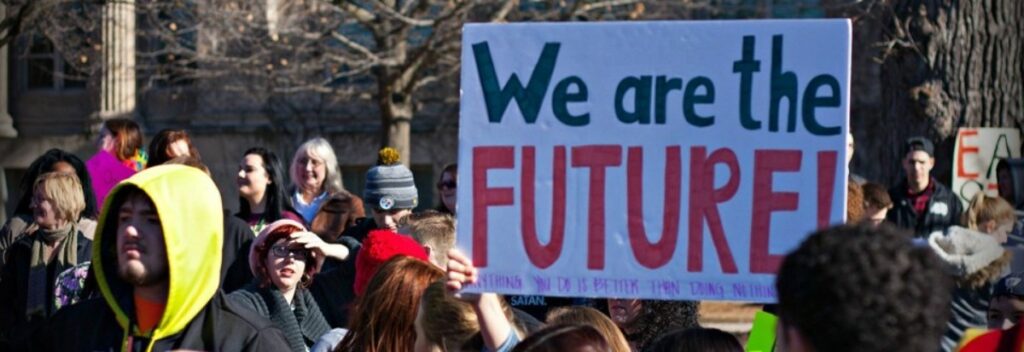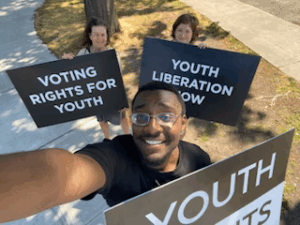Current policies involving young people and alcohol are both ineffective and discriminatory. Our society needs to implement smarter policies that address the potential dangers of drinking for everyone – not just young people. Here are some suggestions on how to both adopt better alcohol policies and mitigate the damage of the current ones. Some solutions can be implemented at the local level, while others require national support. Some are short-term solutions, while others can be used to replace current policies. All of them are efforts to address the dangers of alcohol without relying on discrimination.
Provide comprehensive alcohol education.
Public policy that requires complete abstinence from a popular activity will often rely on telling people to “just say no.” However, this method is both unrealistic and has negative consequences. We see this in places that have adopted an abstinence-only model of sex education and have had their rates of unplanned pregnancy and STD transmission increase considerably, largely due to ignorance about safe sex. Likewise, any public policy that ignores that fact that most people don’t wait until they are 21 to have their first drink, will inevitably encourage binge drinking due to ignorance about safe alcohol use.
Implement Medical Amnesty policies.
Medical Amnesty policies, also known as 911 Good Samaritan or Lifeline policies, protect underage drinkers from punishment if they call for help during an emergency related to alcohol or other drugs. As of 2017, thirty-seven states have passed statewide Medical Amnesty laws. Many colleges and universities have also implemented these policies so that underage drinkers also do not receive disciplinary action. These policies have shown to be effective in increasing people’s likelihood of calling emergency services when needed.
Provide student-led designated drivers programs.
Student-led designated driver programs are practiced at universities, sororities, and fraternities where members of that establishment select a sober driver to safely transport intoxicated individuals. These programs have been a legitimate solution for reducing drunk driving. Unfortunately, there are many barriers that get in the way of providing this policy, such as the university or chapter not wanting to give the impression that they encourage excessive consumption of alcohol.
End parental notification policies for student drug & alcohol offenses.
Over the years, more and more colleges have been implementing policies that allow them to report cases of underage drinking to parents. Usually, students’ right to privacy is protected by the Family Education Rights and Privacy Act (FERPA). Colleges are not allowed to share a student’s academic information to anyone, even if the parents pay tuition and the student is under 18. Unfortunately, however, FERPA does allow colleges to inform parents of any reports of underage drinking. These policies may prevent students from getting help if in fact they do have a problem.
Decriminalize underage drinking and reduce penalties.
Several communities have reduced penalties for underage drinking. Just like similar forms of decriminalization, the law imposes a civil fine rather than harsh punishments that come with life-altering consequences. Recently, underage drinking has been decriminalized or moved to an infraction status in the states of Maryland, Michigan, and in the District of Columbia. Decriminalization would be most effective in jurisdictions that have the harshest penalties for underage drinking, such as jail time. This policy may be a good step in the long effort to lower the drinking age.
Many jurisdictions also impose excessive fines for underage drinking. Several can impose fines of $1,000 for a first offense. Oklahoma and Utah can impose fines of up to $2,500. These fines can be a severe financial burden not only for young people, but for their families, many of whom may be already struggling financially. In the decriminalization efforts, fines for underage drinking—and especially for underage possession—should decrease to below $500 or be eliminated altogether.
Designate underage drinking as the lowest law enforcement priority.
Cities and towns can be encouraged to classify underage drinking as a “lowest law enforcement priority,” which is a strategy adopted by other decriminalization groups. Nearly 16 cities across the United States directed local law enforcement to de-prioritize marijuana possession charges, with differing laws from place to place. For example, Santa Cruz, California has classified investigations, citations, arrests, property seizure, and prosecutions for adult marijuana offenses as law enforcement priority. Communities can also put drinking by 18- to 20-year olds in this category.
Allow parents to monitor alcohol use.
Just like any activity in life, drinking responsibly is an activity that one must learn. Years ago, this took place in one’s family. Parents were allowed to demonstrate healthy drinking practices and to monitor use. Currently, we deny this education to millions of young people. Rather than a gradual introduction to drinking over the period of several years, the current attitude towards youth drinking says that a person shouldn’t have a drop of alcohol until their 21st birthday, and at that time it is perfectly fine to consume as much hard liquor as they want. Parents should be allowed to educate young people on responsible drinking habits by introducing them to alcohol gradually, in both small quantities and with beverages low in alcohol content, such as beer or wine. In this model, parents would be obligated to present an example of moderate drinking.
This policy is currently allowed in 31 states, where an individual under the age of 21 may possess and consume alcohol in a private residence with their parents, guardians, or spouses of legal drinking age. There have been also attempts to expand this policy into licensed drinking establishments. Former Minnesota state representative Phyllis Kahn proposed a bill that would allow underage people to drink in bars and restaurants if accompanied by a parent or guardian, or spouse that is of legal age. In the state of New Hampshire, a bill was filed that would allow individuals aged 18-20 to drink as long as they are accompanied by someone older than 21.
Lower the drinking age to 18 for those serving in the military.
Currently, it is required by federal law under United States Code, Title 10, Section 2683, that military installation commanders adopt the same drinking age as the state the military base is located in. However, since many people feel that if you are old enough to go to war, you should be old enough to drink, there have been several attempts to lower the drinking age for those in the military.
- In 2010, U.S. Representative Jack Kingston sponsored a bill to allow service people younger than 21 to drink beer or wine on post. H.R. 5958 (111th Congress) was introduced in the House on 7/29/2010, and referred to the House Committee on Armed Services and Subcommittee on Military Personnel, but never made it past that.
- Maryland senator, Ron Young proposed a bill in 2015 (Senate Bill 213) to lower the drinking age for active service members of the military under the age of 21. His bill would permit service members under 21 to drink beer and wine at a bar or after showing valid Military I.D.
- North Dakota state representative, Andrew Maragos had introduced a bill in 2015 allowing service members under the age of 21 to purchase and consume alcohol on military bases in the state. This bill did not pass, with 23 yeas and 67 nays.
- New Hampshire state representative James Splaine had introduced a bill in 2005 proposing to lower the drinking age for military personnel in New Hampshire. This bill was rejected.
Issue a “learner’s permit” for new drinkers.
Issuing a license to purchase alcohol could work the same way the government controls who can operate a motor vehicle. States could provide a permit for purchasing alcohol, after individuals pass an alcohol education course. This idea was first introduced by John McCardell, Jr., the current President and Vice-Chancellor of Sewanee: The University of the South. McCardell has suggested that licensing requirements would include classes that would cover the chemistry of alcohol, the physical consequences of abuse, and attending AA (Alcoholics Anonymous) meetings. Individuals would need to pass an exam to be given a license to drink and could lose their license if they violated their state’s alcohol laws. Others have also suggested a licensing program where individuals can get points on their license for engaging in negative behavior while drunk, such as aggression or disturbing the peace. And then, just like with a driving license, individuals would need to go through safety courses or have their license revoked for accumulating too many points.
Lower the drinking age in select states as part of a pilot program.
Repealing the National Minimum Drinking Age Act is a difficult task, but individual states could be allowed to run a pilot program with a lower drinking age to study the effects. Choose Responsibility has suggested that if a state presents a plan for educating and licensing young adults to drink, and show how it can help maintain low levels of fatalities while lowering the drinking age, that they could perhaps be a waiver of the imposed penalties of the NMDAA for a minimum of five years. One of the ways they suggested doing it is through individual states creating a mechanism to collect data to monitor the effects of the change in law, and states should submit these statistics to congress, along with an analysis of the effects of the waiver.
Relax guidelines for purchasing low-content alcohol.
Because beer and wine have a lower alcohol content than spirits, lowering the drinking age for these drinks can help lessen the problems that inexperienced drinkers have with harder liquor. In this successful Massachusetts campaign, citizens supported a lower drinking age for wine and beer.
Legalize drinking where it can be monitored.
Legalizing drinking for those aged 18-20 in public venues will take drinking out of the basement and into the open, where there are responsible servers can cut off individuals who need. Staff at drinking establishments are also able to step in to prevent fights, physical assault, and other dangerous behaviors that can be associated with excessive drinking. Individuals who go out to drink, regardless of their age, can have a designated driver assigned, to take them back home safely. Legalizing consumption in public venues can ensure people are monitored while drinking, and can be prevented from performing dangerous actions.



